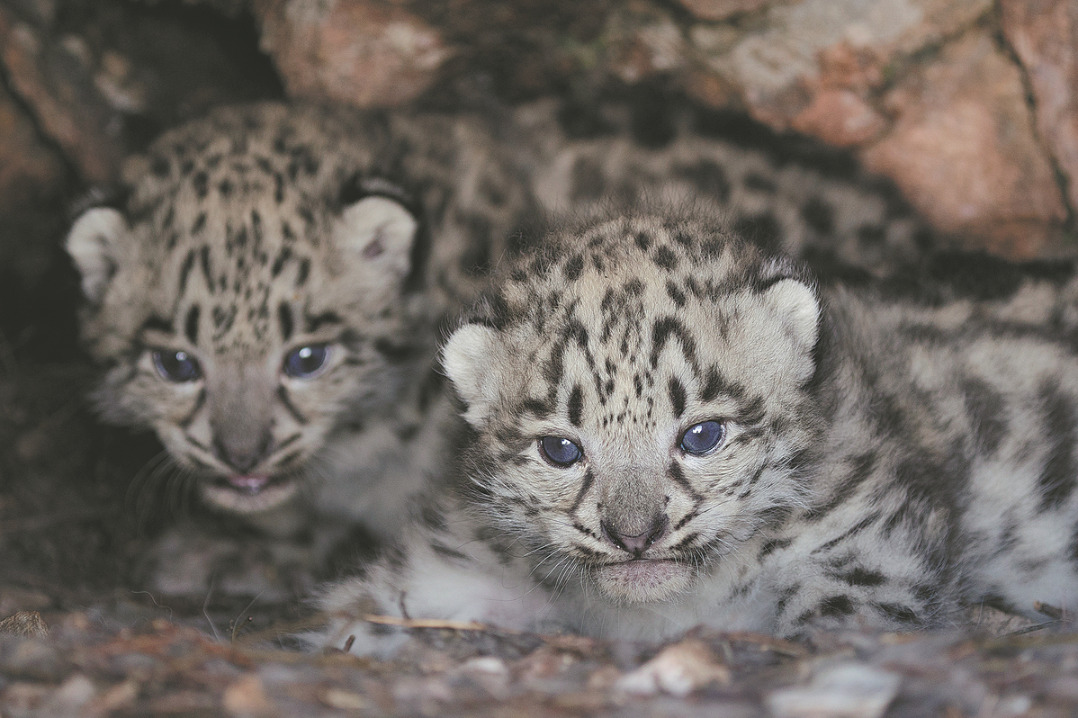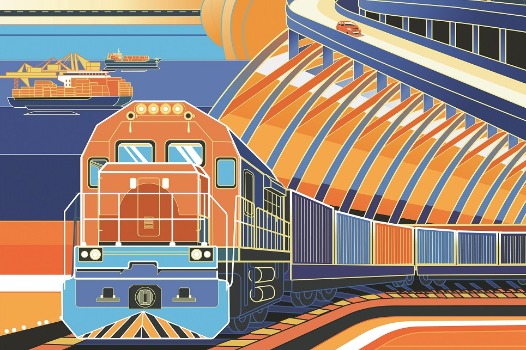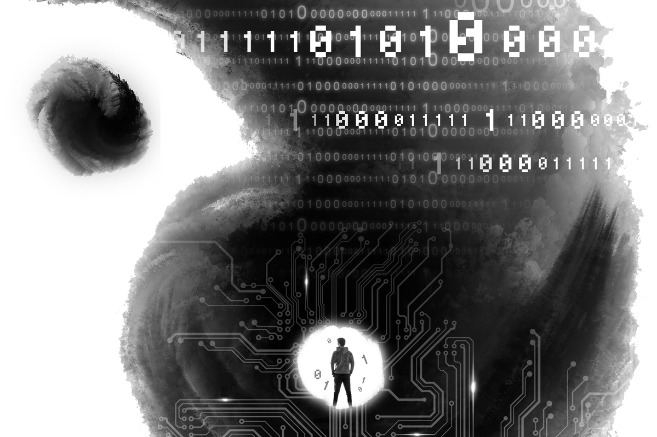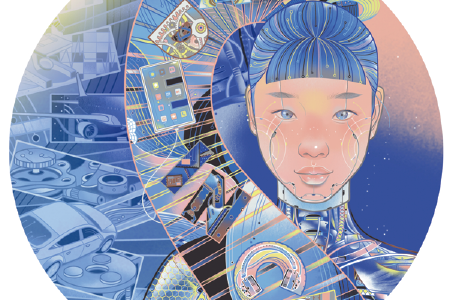Onslaught of technology on reality should be checked


When Guo Degang, a crosstalk performer, began performing Chinese crosstalk in English, and Zhao Benshan, a comedian, started telling his iconic jokes in a Cockney accent in popular AI-generated short videos on social media sites, many felt artificial intelligence has "matured".
Speech simulation and synthesis technology have been widely used in many productions, from movies and TV shows to video clips. The AI-generated videos of Guo and Zhao, too, reflect the advancement of technology. For example, the simulation appears realistic, because the voices, emotions and inflections in the videos seem to match those of Guo and Zhao.
The video clips show the efficacy and power of AI, in terms of finesse of text, audiovisual quality, and even composite multimedia content generation, have reached a very high level. That means the world is on the cusp of adopting AI technology in content production on a mass scale.
The threshold for the use of AI-generated content has been greatly lowered in that content producers no longer need to have professional knowledge and skills to come up with innovative products. Anyone with the basic knowledge of AI can mix the genuine with the fake without people detecting the subterfuge.
But the substitution of human thinking with AI-generated content raises many legal, ethical and even public interest questions. For instance, the traditional way humans could differentiate between true and false information by just "looking at pictures, watching videos, or listening to voices" may become history. Many legal experts also say the short videos of Guo and Zhao violate copyright laws — the "right of translation "for example, which means one cannot translate other people's work without his or her consent.
As such, the authorities should take measures to better protect the rights of artists, including original content creators, at a time when advanced technology is developing at breakneck speed.
































